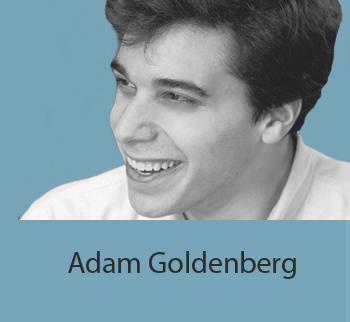A few weeks ago, a guy I used to work with wrote a blog post comparing me to Holocaust deniers Ernst Zundel and David Irving.
I had just published an op-ed defending a woman’s right to choose, in which I criticized the Catholic Church for meddling in Canadian politics. My ex-colleague apparently was not amused. He accused me of bigotry and hissed that I reminded him of neo-Nazis.
My grandparents are Holocaust survivors, and so his screed, as comically hyperbolic as it was, hit a nerve. I was annoyed, upset, outraged even. I wanted desperately to respond.
I didn’t. In the end, I listened to friends who are much smarter than I, and kept my powder dry. The shmuck obviously wanted to make me mad – why else would he compare a Jewish writer to Holocaust deniers and neo-Nazis? – and fighting back would only have given him the attention that he evidently craved.
“I learned long ago, never to wrestle with a pig,” George Bernard Shaw once reportedly said. “You get dirty, and besides, the pig likes it.”
Enter Queers Against Israeli Apartheid. QuAIA has in recent years caused more controversy than any other participant in Toronto’s Pride parade – which, for an event that includes a whole lot of naked people, is really saying something.
The group’s message is painfully unsubtle. Israel, it asserts, is an apartheid state. It’s offensive. It’s ignorant. It’s wrong. And, as Toronto prepares for this month’s Pride festivities, it’s not worth anyone’s time.
In 2010, Toronto Pride organizers voted to ban the slur “Israeli apartheid,” but later reversed course and allowed QuAIA to march. QuAIA then boycotted the parade in 2011. When they returned in 2012, B’nai Brith Canada filed a complaint, to no avail. Last year, Toronto city councillors devoted yet more hours to debating QuAIA’s participation in Pride. The group marched anyway.
Genug shoyn. What’s the point?
I admit, I’ve written before that QuAIA – whose message has as much to do with gay rights as an anti-abortion “Queers for Life” float would – has no place in Pride. I still think that’s true. But I’m done arguing about it.
As threats to the Jewish people go, this one’s fairly benign. Every year, our community’s leaders go to the barricades to keep a few dozen activists out of a parade that’s so crowded, it can be difficult to find one’s own friends among the rainbow festoonery and rogue genitalia. Our well-intentioned defenders look like censors, and give QuAIA a taste of the free-speech martyrdom that, make no mistake, is their true objective.
Like an angry blogger who compares a Jewish columnist to neo-Nazis, a group whose name accuses Israel of the crime of apartheid isn’t asking to be taken seriously. It’s begging to be noticed.
And yet, year after year, we oblige. “The Pride event should not introduce hate and hate speech,” B’nai Brith Canada CEO Frank Dimant told Xtra, an LGBT community publication, last July. “Saying ‘apartheid’ is anti-Semitic. It’s vile.”
Even if it is, Dimant and others ultimately do Jews no favours by trying to turn their overt disgust into an outright ban: “The gay parade was initially conceived as a celebration. I don’t think it should be politicized,” Dimant said last year.
First of all, nobody calls it “the gay parade.” Second, Pride has always been political. Its origins have less to do with “celebration” than with defiance. And, just like that, what should be a simple, one-sided condemnation –“demonizing Israel is ignorant and intolerant,” and so forth – becomes a pointless debate about free speech and the history of the LGBT-rights movement.
QuAIA and its allies win that fight just by having it. For the Jewish community, meanwhile, the cure – repeated failed attempts at censorship – is ultimately worse than the disease.
So, if QuAIA claims a spot in this year’s Pride parade, ignore them. Nothing will do more to provoke their outrage than denying them ours.
